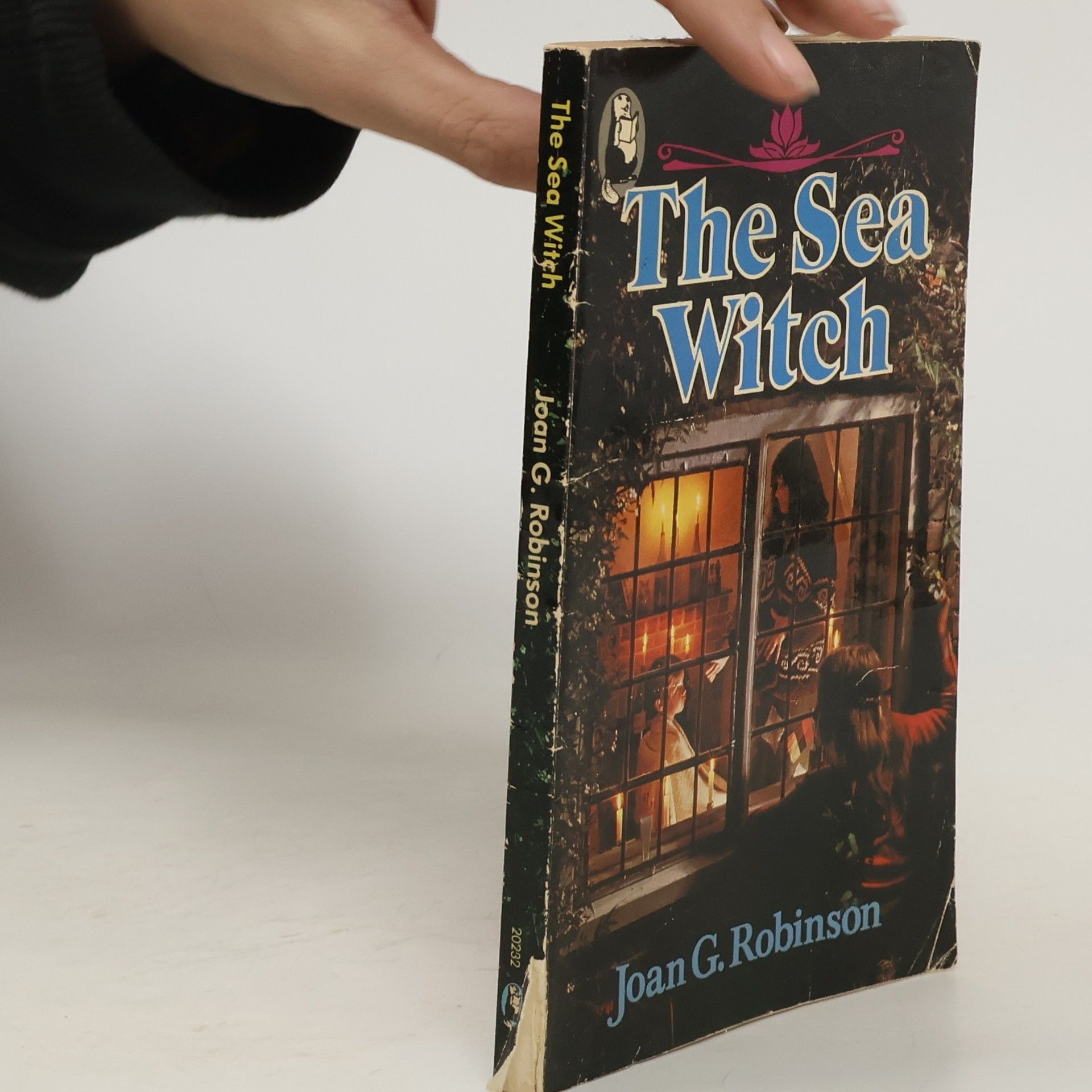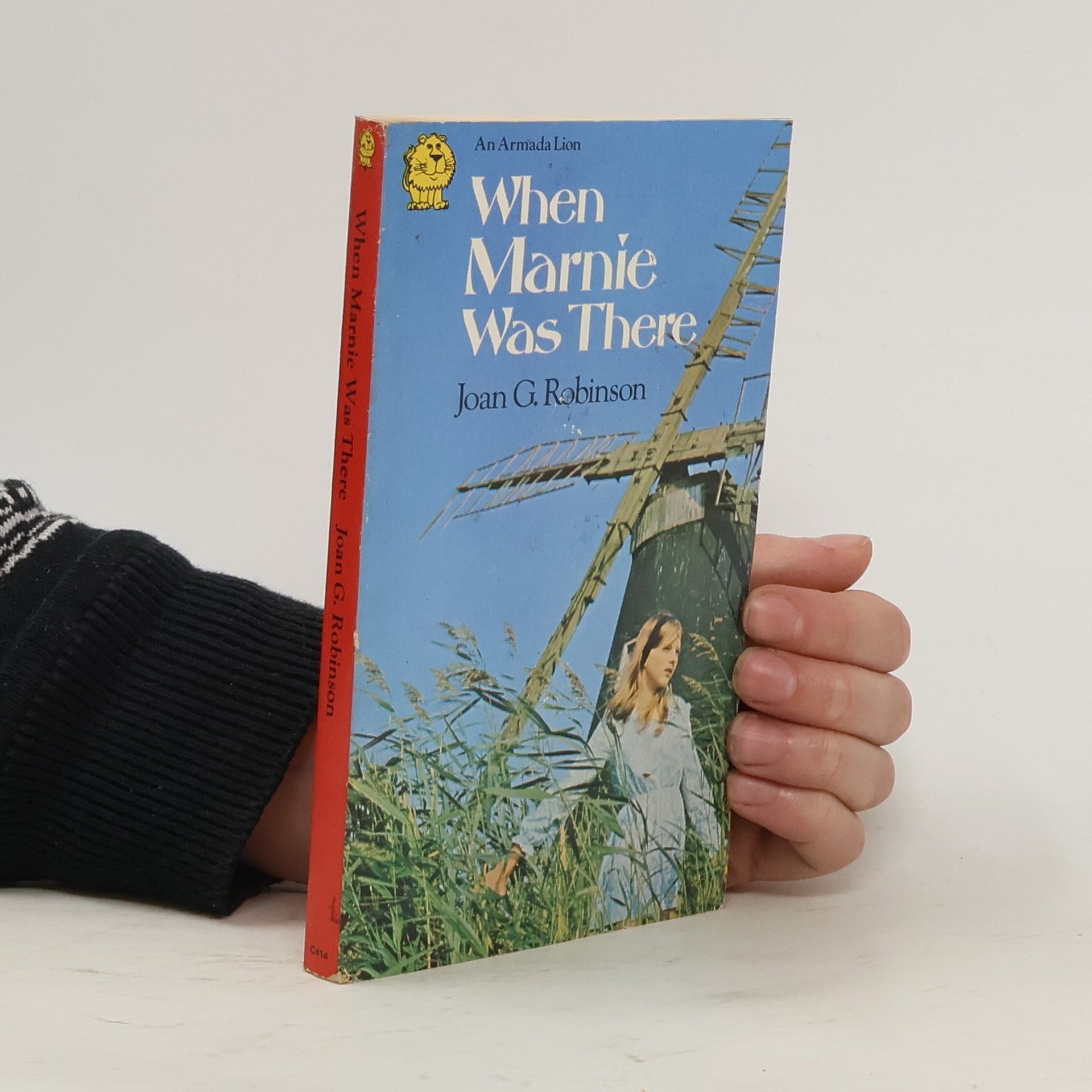Joan Robinson was one of the greatest economists of the twentieth century and a fearless critic of free-market capitalism. Here she reveals the battle between economics as science and economics as ideology. Includes a new foreword by Sheila Dow.
Joan Robinson Book order (chronological)
Joan Robinson was a British post-Keynesian economist, widely recognized for her significant contributions to monetary economics and broader economic theory. Her work delved into market mechanisms and the dynamics of capital investment. A pioneer in the theory of imperfect competition, Robinson highlighted the pervasive role of inequality within economic systems. Her insights continue to shape economic discourse.






Aspects of Development and Underdevelopment
- 160 pages
- 6 hours of reading
This book explores the economic systems that generate wealth even as societal misery increases. It delves into the mechanisms behind wealth creation, examining the disparities that arise and the implications for society at large. Through critical analysis, it offers insights into the relationship between economic growth and social inequality, challenging readers to rethink conventional views on prosperity and poverty.
Ekonomická filozofie
- 108 pages
- 4 hours of reading
On their own while their parents and housekeeper are away, Meg and her brother make the acquaintance of a neighbor they suspect is a witch.
Die fatale politische Ökonomie
- 83 pages
- 3 hours of reading
Ökonomische Theorie als Ideologie
- 139 pages
- 5 hours of reading
Die Akkumulation des Kapitals
- 391 pages
- 14 hours of reading
Die Gesellschaft als Wirtschaftsgesellschaft
- 128 pages
- 5 hours of reading
Anna is sent to an Norfolk village by the sea, where she meets a friend called Marnie. A strong friendship develops between them, then suddenly Marnie vanishes.



